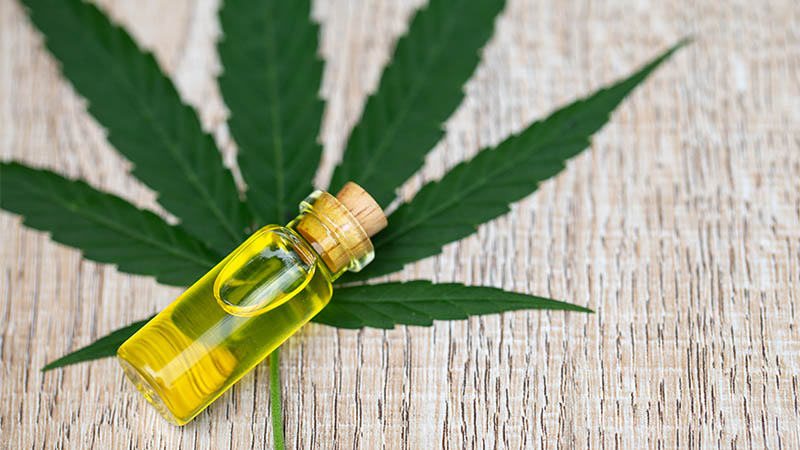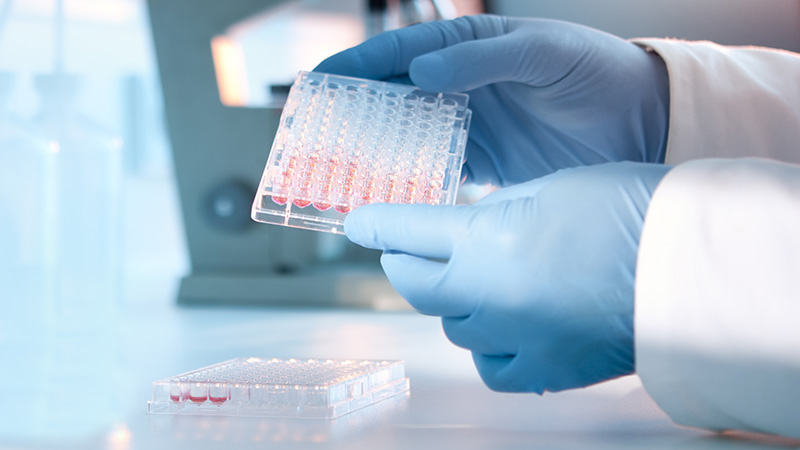What Alcohol Can Do to Your Biological Age
Study Uncovers Impact of Binge Drinking, Longtime Alcohol Consumption on Biological Aging
Published July 2023
This article was originally published in the Northwestern University Feinberg School of Medicine News Center. It has been edited for the HealthBeat audience.
It’s a known fact. Alcohol is widely consumed in the United States.
According to a 2021 National Survey on Drug Use and Health, 62% of people age 12 years or older consumed alcohol in the past year and 21.5% of that group binged alcohol in the past month.
Our results highlight the negative impact of excessive alcohol consumption.— Drew Nannini, PhD
It is also widely known that alcohol can be harmful to your brain, heart and liver.
What’s not so well known is the effect of alcohol consumption on biological aging, specifically binge drinking, long-term drinking and type of drinks — such as beer, wine or liquor. That is changing thanks to Northwestern Medicine research.
While chronological age is how old you are (measured by the time that’s passed since you were born and today), biological age is how old your cells are. Everyone ages differently so your chronological age and biological age may be the same or they can be different. Some factors, like stress, can make your cells age faster. As your cells get older, they lose their ability to regenerate and repair themselves.
The Latest Study… and Findings
According to a Northwestern Medicine study published in the journal Aging, scientists found that consuming certain types of alcohol over long periods of time as well as binge drinking both speed up biological aging. They studied beer, wine, liquor and “total alcohol” (sum of the three alcoholic beverages consumed by an individual).
The study was led by Lifang Hou, MD, PhD, chief of Cancer Epidemiology and Prevention in the Department of Preventive Medicine at Northwestern University Feinberg School of Medicine and a professor of Pediatrics. It examined whether cumulative alcohol consumption — the number of years a person consumes beer, liquor, wine and total alcohol — as well as recent binge drinking were related to aging.
Research examining the impact of alcohol consumption over a long period of time, as well as binge drinking, on biological aging has been limited.
Overall, the investigators found significant associations between one lifespan-related marker of biological aging and the number of years you consume liquor and total alcohol, as well as the number of days you are binge drinking.
The study found that:
- Compared to beer consumption, liquor had an approximately two and a half times greater effect on biological aging.
- Daily consumption of liquor for five years was associated with a four-month acceleration in biological aging, so if you drink liquor daily for 15 years, your biological age will be one year older.
- Consumption of wine did not have an impact on biological aging, although more studies are needed to validate these findings.
- One episode of binge drinking (consuming five or more drinks on the same occasion) was associated with a month and a half acceleration in biological aging.
“Our findings provide novel insight into the association between cumulative alcohol-specific consumption on biological aging, illustrating the type of alcohol consumed may impact the aging process differently,” says Drew Nannini, PhD, a postdoctoral fellow in the Hou Laboratory at Feinberg School of Medicine and the lead author of the study.
These findings may help people make lifestyle changes to promote healthy aging.
Your Alcohol Consumption
If you are of legal drinking age and choose to drink alcohol, the Centers for Disease Control and Prevention (CDC) recommends drinking in moderation to reduce the short- and long-term health risks associated with alcohol.
- For women*: one drink or less per day, totaling no more than seven drinks per week
- For men*: two drinks per day, totaling no more than 14 drinks per week
If you are concerned about your drinking habits or a loved one’s, it is important to seek help. There are a number of resources available, including:
- Your physician
- Alcohol treatment programs
- Mental health professionals
*Scientists do not always collect information from participants about gender identity. To avoid misrepresenting the results of this research, we use the same terminology as the study authors.






